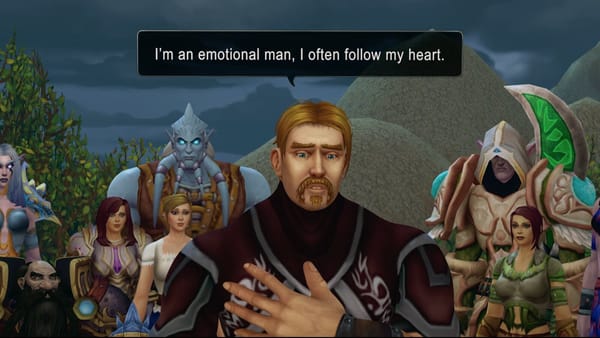Sundance Festival Report, Pt II
A battalion of films about women in crisis

While it can be pointless to look for themes at a film festival, the tea leaves of one’s chosen screenings do fall into patterns. My Sundance 2022, then, is becoming the Sundance of the Stressed Woman, with dramas, comedies, and documentaries all centering around female protagonists struggling to survive in pressure-cooker situations. Some of those situations are of the character’s own making, others are burdens laid on by family or society, and all of them show filmmakers and actors finding powerful new ways to explore powerlessness and possible responses thereto.
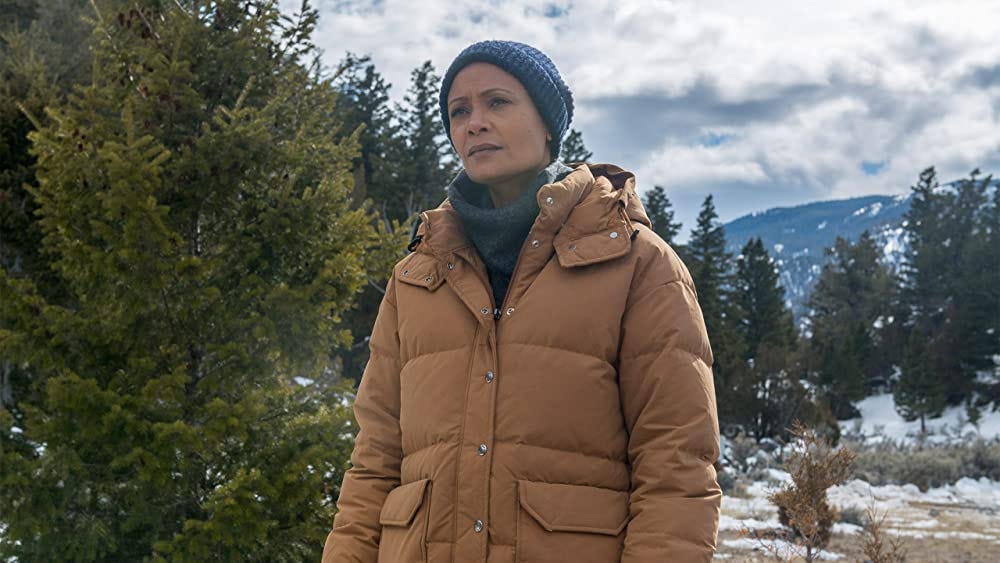
The smarter ones take race and class and even geography into account when conveying the complexities of human interaction. “God’s Country,” for instance, casts Thandiwe Newton1 (above)as a tightly wound college professor in rural Montana, where she’s the only Black person in sight, not to mention the only East Coast transplant. When a pair of local hunters (Joris Jarsky and Jefferson White) park on her property without permission, a range war of wills builds toward inevitable violence in slow, steady increments over the course of a week. “Deliverance” or “Straw Dogs” it isn’t; every time you think “God’s Country” is playing the Evil Redneck card, director Julian Higgins messes with the algorithm, most notably in a beautifully hushed dialogue scene between the professor and one of the hunters in a country church. A late-movie revelation about the professor’s past feels like a stretch but at the same time clarifies the racial tensions around and within the heroine, and Newton plays the character’s many shades with a steely sense of control. It’s a movie that keeps one eye on this local dustup and the other on a long, sorry sweep of American conquest and neglect. (Still seeking US distribution.)
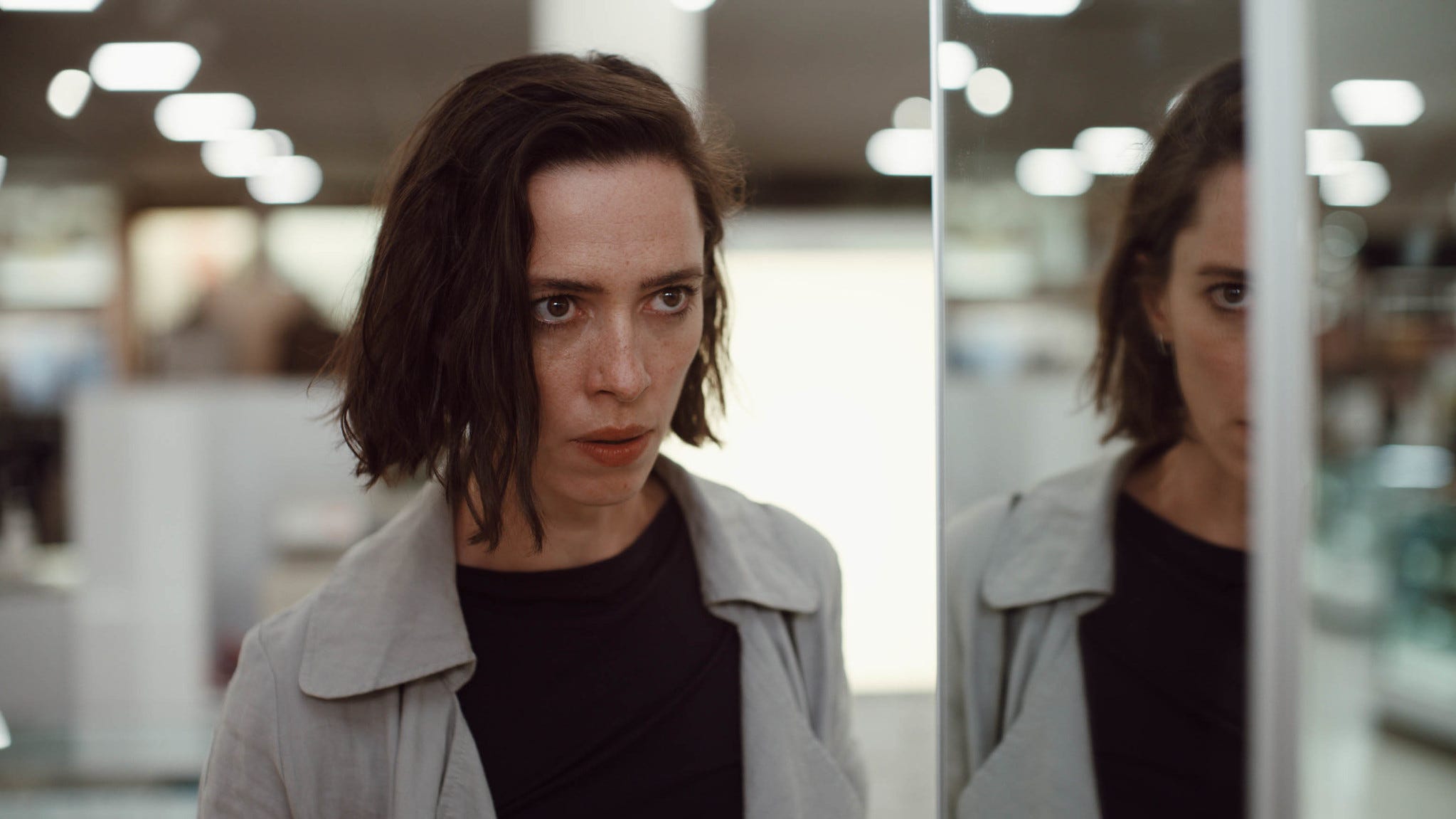
If you think Newton has it bad in “God’s Country,” brace yourself for Rebecca Hall’s primal collapse of selfhood and sanity in “Resurrection.” Fresh from her much-praised debut direction of the literary adaptation “Passing” (available on Netflix), the British actress (above) plays Margaret, a brisk urban professional and single mother who comes unglued when she spots David (Tim Roth at his creepiest), a figure from her past, at a conference. The nature of their relationship takes a while to become clear – and is finally made plain in a long monologue that’s as mesmerizing as it is overwritten – whereupon we’re privy to an agonizing psychological cat-and-mouse game that leaves onlookers like Margaret’s freaked-out teenage daughter (a very good Grace Kaufman) far behind in the dust. Written and directed by Andrew Semans, “Resurrection” is a grueling depiction of mind control and sadomasochistic co-dependency that builds to a peak of grand guignol horror. Sound like fun? It isn’t, but it does give Hall a chance to portray yet another character in extremis, and she is phenomenal. (Seeking US distribution.)
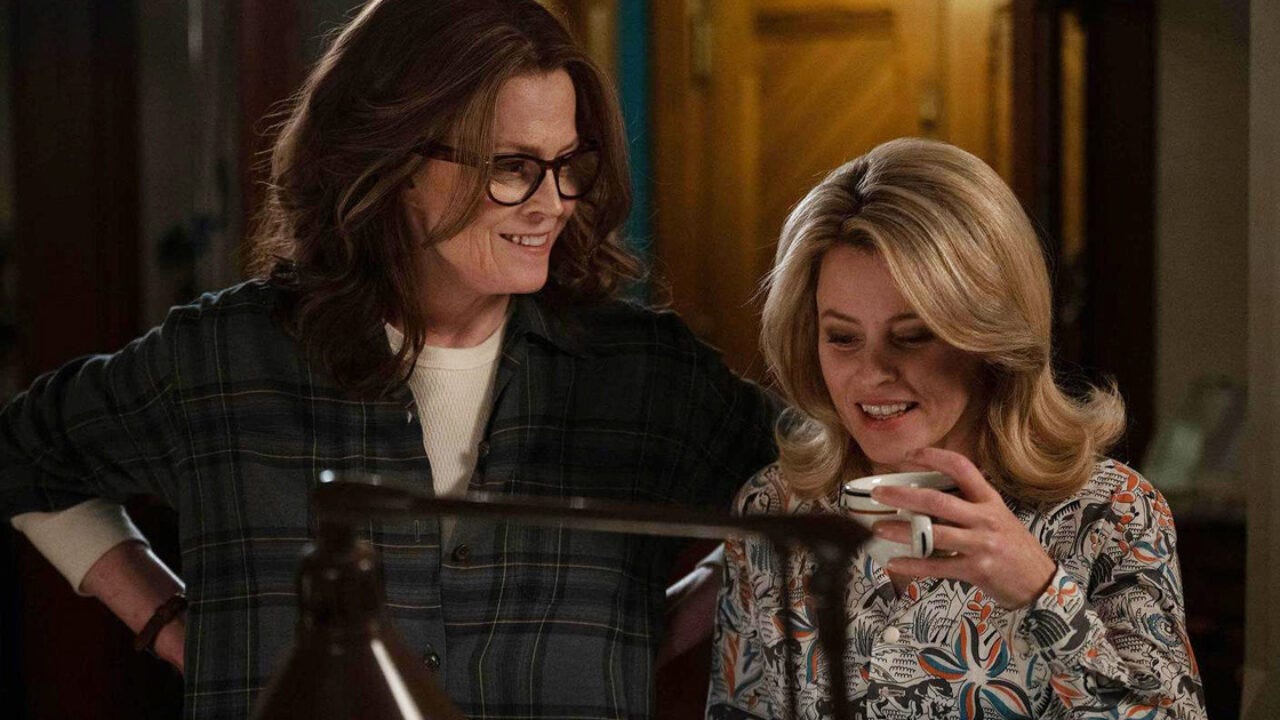
There are two movies at Sundance, a drama and a documentary, about the Janes, the underground network of women who provided safe illegal abortions in Chicago during the late 1960s. The drama, “Call Jane,” is directed by Phyllis Nagy, who wrote “Carol,” and stars Elizabeth Banks (above right) as Joy, a suburban wife and mother facing a possibly fatal pregnancy complication. Denied a medical abortion by a roomful of male doctors, she discovers the Janes, who are led by the irascible Virginia, who is played, thank you Jesus, by the indomitable Sigourney Weaver (above left). Banks is very good, but the decision to tell this story through its most privileged character feels like a misstep, a screenwriter’s calculation that limits rather than widens the movie’s scope. (Seeking US distribution.)
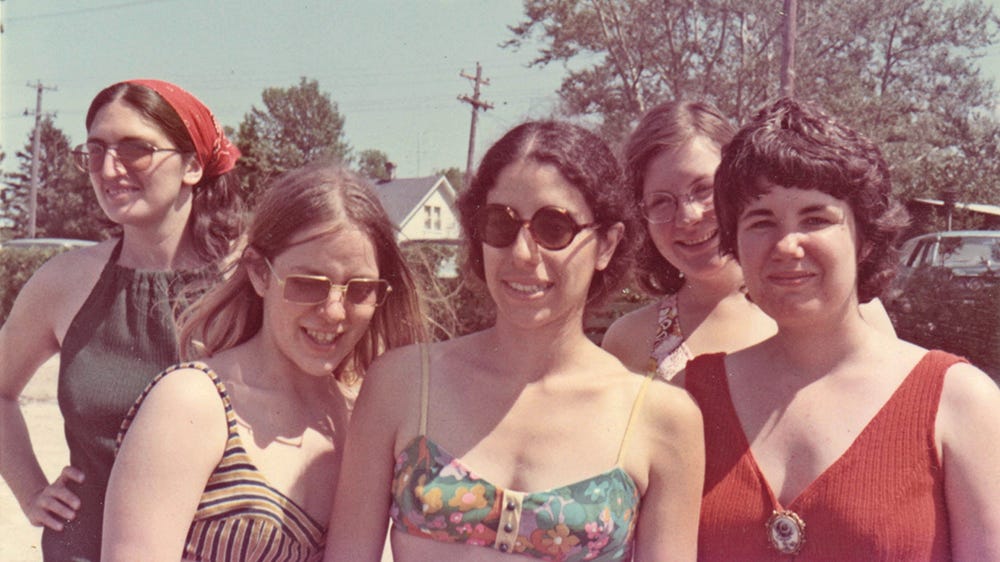
“Call Jane” is worth seeing, certainly, but the documentary version of the story, called “The Janes,” is stronger and more straightforward. Directed by Tia Lessin and Emma Pildes, and due to appear on HBO platforms later this year, it begins with a woman recounting her own horrific pre-Jane abortion experience, in a mob-controlled motel room where she and another woman were left bleeding on their own. Most of the Janes are here, graying and undiminished, to tell their story, and the documentary more clearly than the drama explores the complexities of upper-middle-class white women providing a service for a clientele of mostly working-class women of color. “The Janes” is too smart to be self-congratulatory, but the omission of any mention of the current state of affairs feels like a missed opportunity, a celebration of the past that shies away from looking at the present and future.
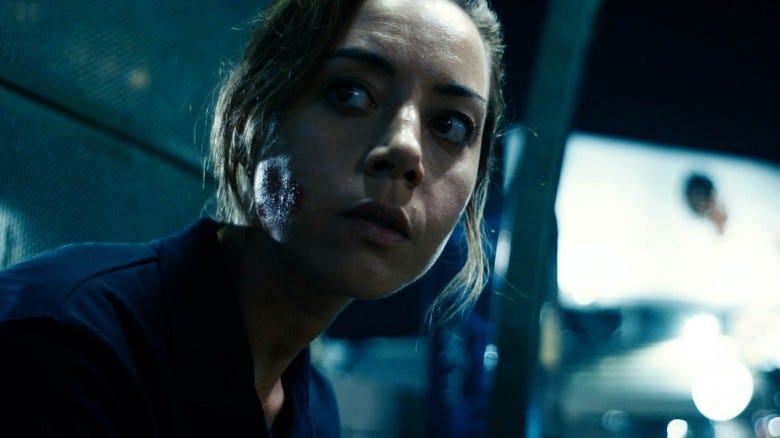
In “Emily the Criminal,” the chief stressor is student debt, and the feedback loop of working lousy jobs to pay off never-ending interest. What’s a young woman like Emily (Aubrey Plaza, above) to do except join up with a credit card scam run by a couple of Lebanese cousins (sweet Theo Rossi and sour Jonathan Avigdori)? I’ll watch anything with Plaza in it – have felt that way since “Mystery Team” way back in 2009 – and John Patton Ford’s sun-kissed L.A. noir lets this fabulously dour leading lady move further into dramatic territory. The joke is that Emily turns out to be a better criminal than the criminals, in part because she has lost any and all illusions about what people used to call the American dream. The movie’s sketchy in both senses of the word, but it’s entertaining in a mildly enraging way and offers another opportunity for Plaza to stake her claim as the reigning black cloud of Hollywood actors. (Seeking US distribution.)
And I haven’t even gotten around yet to seeing Nikyatu Jusu’s “Nanny” (a Senegalese caregiver in Manhattan vies with obnoxious employers and the supernatural), Mariama Diallo’s “Master” (Regina Hall as a Black dean dealing with a haunted dorm room at a white college), or Krystin ver Linden’s “Alice” (Keke Palmer as an escaped plantation slave surfaces in 1973), all of which interweave issues of race and gender with elements of horror. The buzz has varied on all these movies, but they do represent a trend in independent film, rising partly from the success of “Get Out” and partly from the desire of filmmakers once relegated to the fringes to take off the gloves and start punching.
One more Sundance report to come — including a terrific documentary about Russian opposition leader Alexei Navalny and an adorable romantic comedy very much in the Sundance mold — after which we will return to our regularly scheduled mishegoss.
CORRECTION: I noted in the previous festival report that “After Yang,” my favorite Sundance 2022 movie to date, did not have a distributor. In fact, A24 has US theatrical rights and will release the film sometime this year. Look for it.
If you enjoyed this edition of Ty Burr’s Watch List, please feel free to share it with friends.
If you’re not a paying subscriber and would like to sign up for additional postings and to join the discussions, here’s how:
If you’re already a paying subscriber, I thank you for your generous support.
Previously credited as Thandie Newton, the actress announced last year that she was returning to the original spelling of her name (pronounced “tan-DEE-way”). ↩


